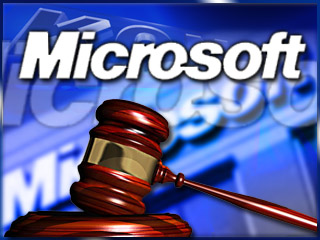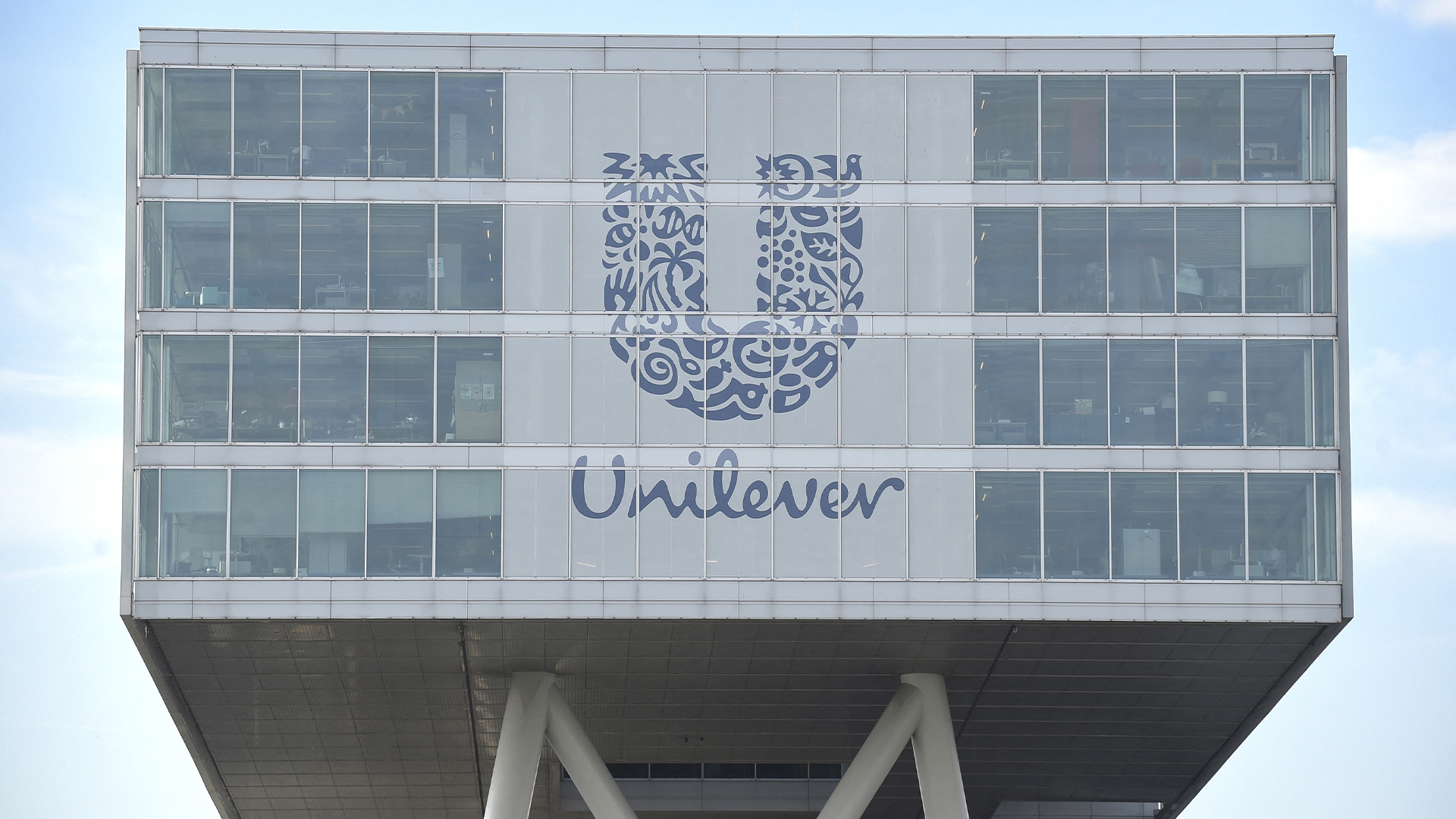Microsoft's EU antitrust timeline
The legal battle between the Windows software maker and European regulators has been running for almost a decade. We look back at how it started, and what changed in the run-up to today's ruling.

Sign up today and you will receive a free copy of our Future Focus 2025 report - the leading guidance on AI, cybersecurity and other IT challenges as per 700+ senior executives
You are now subscribed
Your newsletter sign-up was successful
Following the announcement earlier today that a European Union (EU) court has upheld the vast majority of the landmark 2004 European Commission (EC) ruling that Microsoft abused its position of market dominance, IT PRO takes a look back at the history of the Microsoft EU legal battle, the key points in the process and how it all started.
December 1998: US software group Sun Microsystems files a complaint with the European Commission against Microsoft. Sun accuses Microsoft of failing to provide technical information that would allow Sun's Solaris operating system to interoperate with a PC running Windows.
August 2001: The European Commission releases a Statement of Objections, alleging that Microsoft may have violated European antitrust rules by using illegal practices to extend its dominant position in the market for low-end server operating systems. The Commission also alleges that Microsoft has illegally tied its Media Player into its operating system.
August 2003: A third Statement of Objections is sent to Microsoft's offices, suggesting options to remedy the complaints issued two years previously.
March 2004: The Commission rules that Microsoft has not handed-over the information needed by competitors and is similarly unsatisfied with the work done regarding its Media Player. Regulators slap an EU record 497 million fine on the software giant and require corrective measures to be met within 120 days.
June 2004: Microsoft files an appeal with the European Court of Justice hoping to overturn the initial ruling.
June 2005: 'Windows XP N', Microsoft's answer to the European Commission's hefty fine, is released without Windows Media Player. The release is met with tepid reviews, as most users simply didn't care about the Media Player issue.
Sign up today and you will receive a free copy of our Future Focus 2025 report - the leading guidance on AI, cybersecurity and other IT challenges as per 700+ senior executives
December 2005: The European Commission releases a new charge-sheet accusing Microsoft of refusing to comply with its antitrust decision from the previous year. The EU threatens to fine Microsoft 2 million per day if it does not give rival companies more access to its code.
April 2006: The European Union's second highest court - The European Court of First Instance - hears Microsoft's defence to its antitrust order. Microsoft representatives assert that its rivals are getting a "free-ride".
July 2006: The EU orders Microsoft to pay an additional 280.5 million. The EU threatens to up the ante further to 3 million per day if the software giant shows further defiance.
March 2007: A fifth Statement of Objections from the Commission warns of further fines due to new allegations that Microsoft has set royalty fees to high for interoperability information.
-
 Unilever taps Google Cloud to drive business transformation, 'agentic commerce' gains
Unilever taps Google Cloud to drive business transformation, 'agentic commerce' gainsNews The deal will create a new model for how consumer packaged goods brands are discovered and bought, according to Unilever
-
 Vast majority of breaches enabled by preventable gaps, says Palo Alto Networks
Vast majority of breaches enabled by preventable gaps, says Palo Alto NetworksNews Identity controls and better understanding of threat surface are key to rebuffing increasingly threatening cyber attacks